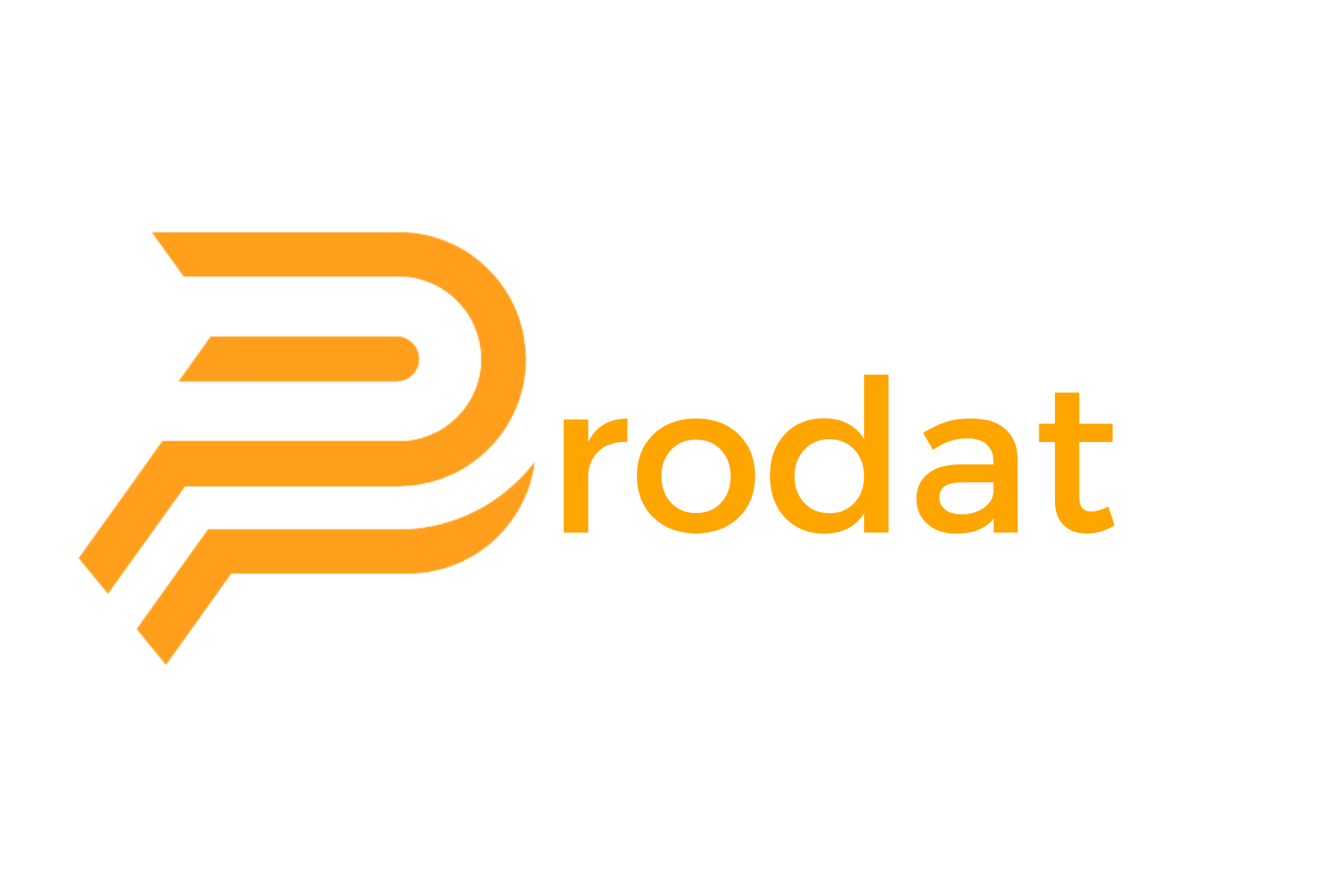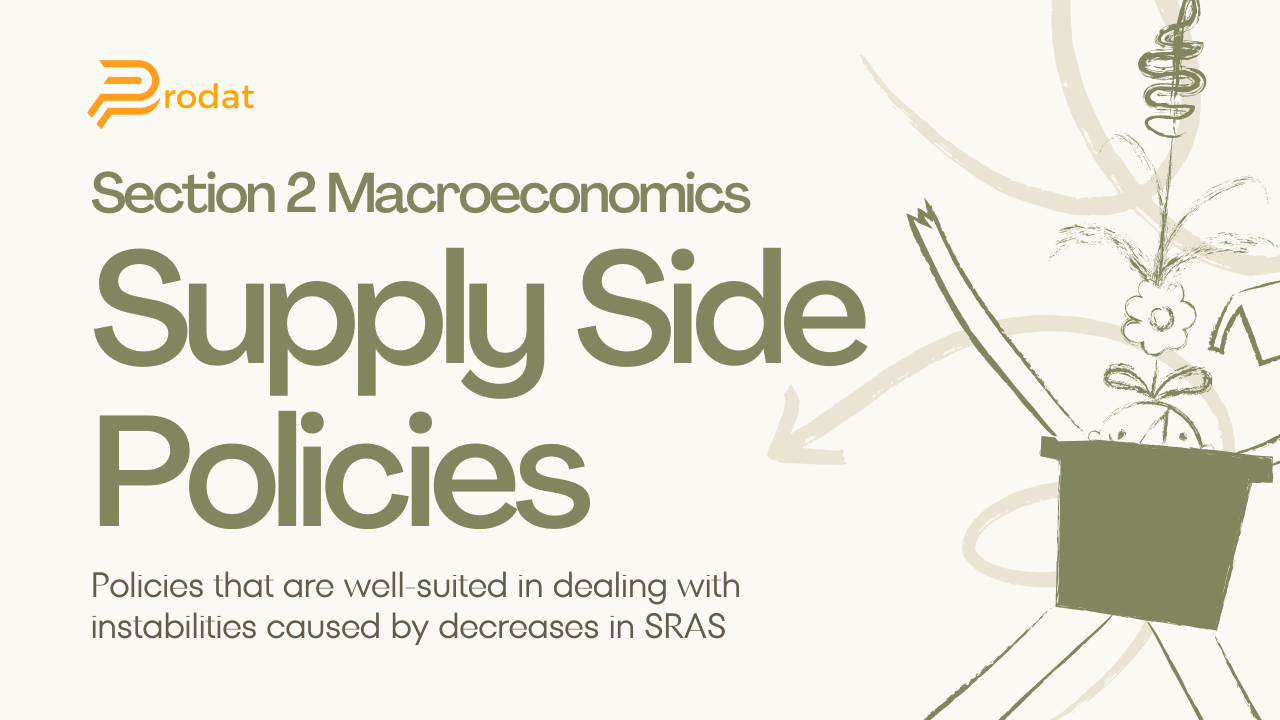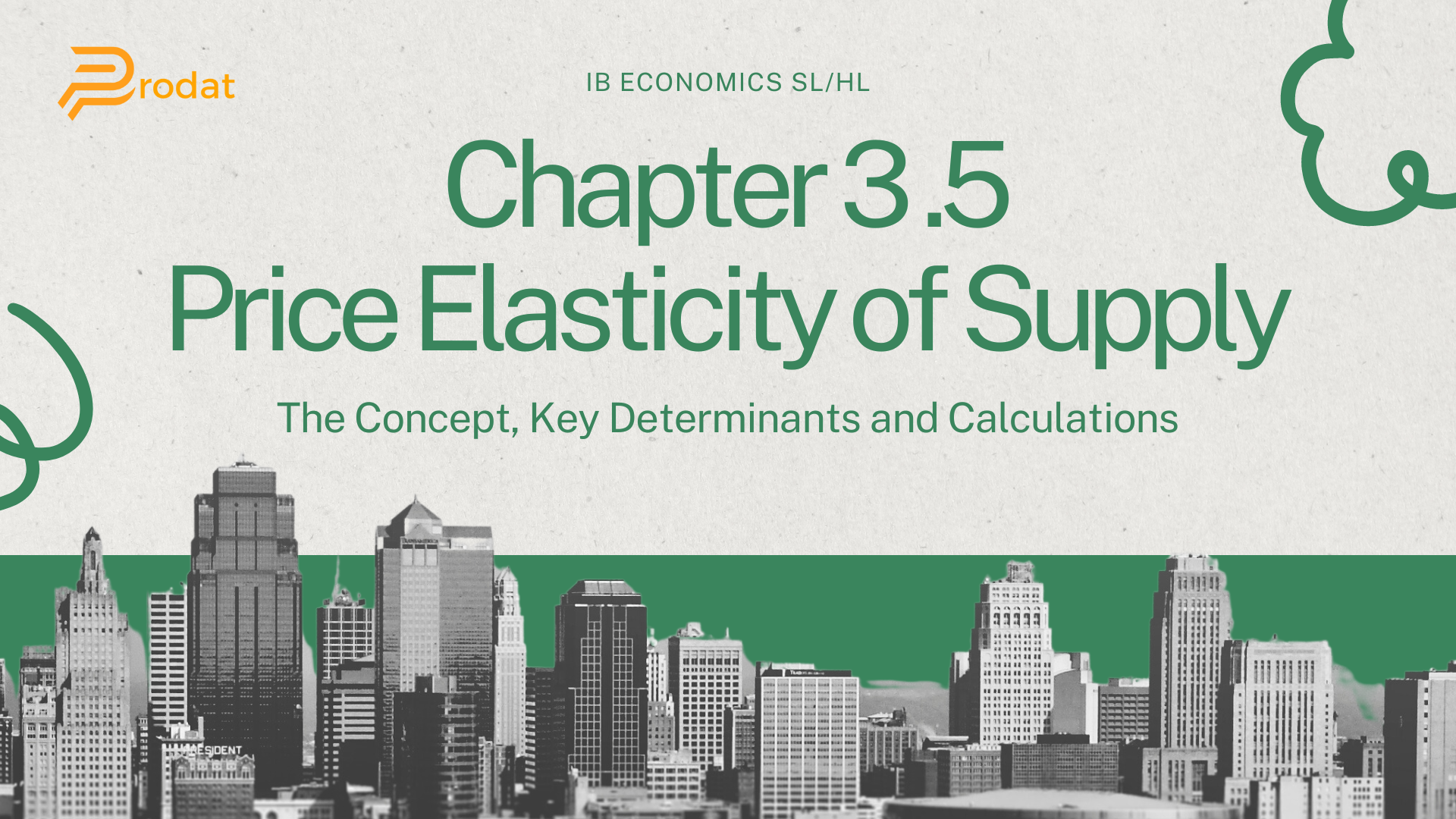
Table of Contents
Introduction
Have you ever wondered how to determine whether a business is making money or not? That’s rather important, right? Well, introducing…the statement of profit or loss, or the income statement, or the SOPOL, I guess. It is essentially, the document that outlines a business’s trading activities and determines whether it is making a profit or loss. The format of the document varies between a for-profit and non-profit organisation. These normally feature in Paper 2, where you would normally have to complete or create a statement of profit or loss based on a circumstance brought up in the question.
Formats
For-profit organisation
Statement of profit or loss for Business X for the year ending 31 December 2024
| $ | $ | |
| Sales revenue | 1 000 000 | |
| Cost of sales | (450 000) | |
| Gross profit | 550 000 | |
| Staff salaries | 20 000 | |
| Lighting | 30 000 | |
| Advertising | 60 000 | |
| Transport | 90 000 | |
| Rent | 40 000 | |
| Expenses | (240 000) | |
| Profit before interest and tax | 310 000 | |
| Interest | (10 000) | |
| Profit before tax | 300 000 | |
| Tax (15%) | (45 000) | |
| Profit for the period | 255 000 | |
| Dividends | (150 000) | |
| Retained profit | 105 000 |
Here is an example of a full statement of profit or loss for a business. There are 3 major steps involved:
Step 1: Calculate gross profit
Step 2: Calculate the profit or loss
Step 3: List how the profits are distributed
Step 1 is rather simple to handle:
Gross profit: sales revenue – cost of sales
This information would likely be included in the question, but should be simple to calculate if it isn’t.
Step 2 is also rather straightforward:
Profit before interest and tax: gross profit – expenses
Remember: Expenses are costs/outflows that are not directly related to the core operations of a business, so things such as electricity, rent, etc are included. The question is likely to include a list of similar aspects, so don’t forget to identify the outflows and include them as expenses. ‘
Step 3 is specific to a for-profit organisation, and determines how much of the profit goes towards shareholder dividends and how much is kept as retained profits.
This should be listed in the question. Simply subtract the amount allocated to dividends with the ‘profit before interest and tax’ value.
And there you go, a for-profit statement of profit or loss!
Non-profit organisation
The non-profit organisation statement of profit or loss omits and changes several aspects that were covered in the for-profit statement. To recall, a non-profit is a social enterprise with human needs in mind, and any profits (surpluses) earned by the organisation must be reinvested into the business.
Here are the aspects that change, or are different with a for-profit organisation:
- Non-profit social enterprises pay no taxes to the government.
- Non-profit social enterprises pay no dividends to shareholders, as these organisations have no shareholders
- Non-profit social enterprises record their profits as surpluses.
With these in mind, let’s look at how a non-profit organisation’s statement could look like:
Statement of Profit or Loss for Business Y for year ended 31 December 2024
| $ | |
| Sales revenue | 8 100 000 |
| Cost of Sales | (5 000 000) |
| Gross surplus | 3 100 000 |
| Expenses | (2 750 000) |
| Surplus before interest and tax | 350 000 |
| Interest | (100 000) |
| Surplus before tax | 250 000 |
| Tax | 0 |
| Surplus for the period | 250 000 |
| Retained surplus | 250 000 |
As you can see, the business would pay 0 tax and retain 100% of their surplus.
Keep in mind the question. It may not always be clear at first glance whether the business is for-profit or non-profit. A key hint is if they use the term ‘surplus’. This would automatically indicate that the business is a non-profit. A good tip is to also remember the 3 aspects from previous:
- Non-profit social enterprises pay no taxes to the government.
- Non-profit social enterprises pay no dividends to shareholders, as these organisations have no shareholders
- Non-profit social enterprises record their profits as surpluses.
Then, you are all set to tackle the questions surrounding the statement of profit or loss in Paper 2!
Footnote
This blog was created with reference to the IB Business Management Kognity Textbook.
If you would like to learn a bit more about Chapter 3: Finance, check out this blog written by In Young Choi (Ivana), also on Prodat: https://prodatblog.org/ib-business-3-2-financial-resources/
Additionally, here is another resource to further your understanding on the statement of profit or loss: https://www.savemyexams.com/dp/business-management/hl/24/revision-notes/3-finance-and-accounts/3-4-final-accounts/statement-of-profit-or-loss/
Thank you for reading, and good luck on your IB exams! – M


